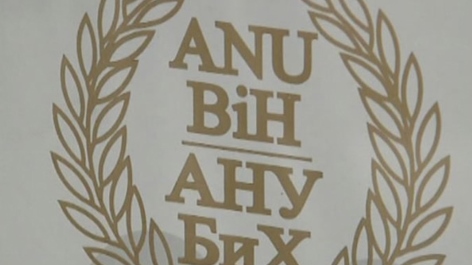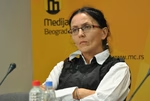Bosnia's Science Academy concerned but not surprised by PISA test results

University professors, researchers and scientists from the field of pedagogical sciences expressed their concern over Bosnia's result on the recently published PISA test, but added they are not slightly surprised by it, said the Academy of Arts and Sciences of Bosnia and Herzegovina (ANUBiH), Tuesday.
Oglas
The links between quality education and the overall social progress and development are more than obvious in the PISA test result. Almost every ANUBiH Pedagogical Science Board member concluded and pointed in their research to the weaknesses of educational systems in the country and predicted negative consequences of the educational policy and practice in Bosnia,” ANUBiH wrote. “Unfortunately, such well documented and science-based warnings were not only ignored by policymakers, but the situation became even worse.
The Association noted that researches point to the fact that Bosnia has one of the most complex educational systems in the world – divided into 14 administrative units, systems where students are divided according to their ethnic background and where they attend school according to three different curricula, with 54 cases of “two schools under one roof.”
“The results published by the OECD every three years are greatly analysed by all the countries and their pedagogical experts, employees in education, and others monitoring the progress and development of the educational potential of their societies.
Oglas
In addition to the evaluation of the PISA test, the ANUBiH noted that the test is often criticised but mostly by the countries dissatisfied with their students' achievements.
More importantly, the results showed that students from economically developed countries are generally at the top of the rankings, while students from economically underdeveloped countries at the bottom, they wrote.
The Board expressed their readiness to be the initiators and organisers of serious science-based discussions and research on all the problems and shortcomings indicated by the PISA test.
“It is only on the basis of the research findings thus obtained that it will be possible to propose appropriate solutions for the short and long term improvements to our school and educational system. The PISA testing is not about knowing the knowledge, it is not about the reproductive knowledge but functional, usable knowledge that is lacking without the truly understood essence of every new information, new knowledge and its usability,” ANUBiH concluded.
Kakvo je tvoje mišljenje o ovome?
Učestvuj u diskusiji ili pročitaj komentare
Oglas
Kakvo je tvoje mišljenje o ovome?
Učestvuj u diskusiji ili pročitaj komentare
Oglas





 Srbija
Srbija
 Hrvatska
Hrvatska
 Slovenija
Slovenija


























































